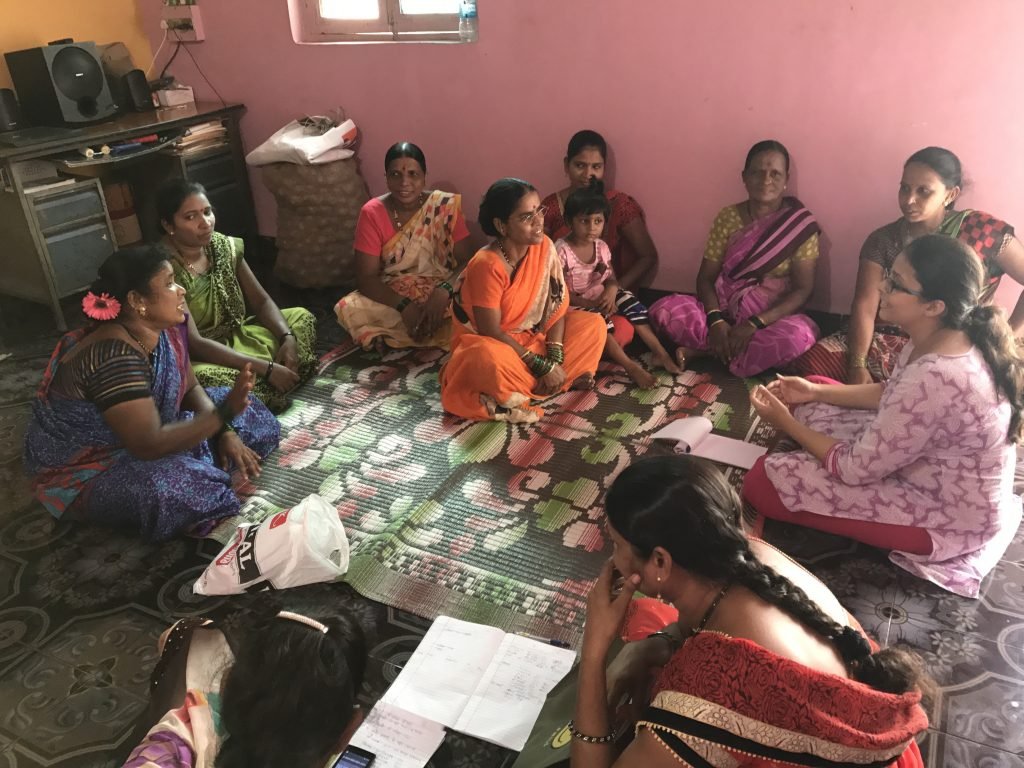
Imagine a world where you don’t have a voice to make your opinions heard, you are a labor, albeit an unpaid one, you are considered to be stupid or let’s use a less harsh term, “not smart enough”, you take care of an entire family yet are denied basic dignities of life i.e. a toilet.
Sounds like a scary place right?
Sadly, a majority of women in rural India are leading this exact same life. Now, you might think I am generalizing or I am painting a stark picture. After all, every now and then don’t we see videos of brilliant women who are winning accolades? Don’t we read about villages being declared open defecation free?
There are little rays of hope that shine every now and then. You would be surprised to know that not very far from Mumbai there are villages where women did not have toilets till 2014. Many of them still don’t.
And what about their voice? Are they being heard? Are they considered to be a valued member in their family beyond the work that they do?
Being a city girl, I never gave any of these things a single thought. My life priorities revolved around shopping, reading and making money. My life goal was to become a famous writer and live on a hill station like Ruskin Bond. I wanted to travel the world and stay in the most luxurious places. I had ‘normal’ dreams; luxury roti, luxury kapda and a luxury makaan.
It is strange how small, inconsequential events have a deep impact on your life and they derail the most carefully laid out plans. The year was 2010 and the place was Sophia College at Grant Road. A friend had dragged me to attend a lecture by Aruna Roy. I was prepared to be bored and I had made plans to sneak off in the interval, too.
A few minutes into the lecture I couldn’t move. I couldn’t believe the reality she was presenting to me. Surely, it couldn’t be true. I mean we were a developing country with a great GDP growth rate. People were flourishing, everybody had a cell phone and the malls had such clean washrooms.
It was one of the strangest experiences in my life and it made me stay up all night looking up on things, reading articles and watching documentaries. This first flame was lit by Aruna Roy who did not even know me and yet she had the most profound impact in my life.
‘Everybody loves a good drought’ by P. Sainath and India Untouched, a documentary on untouchability made me weep.
I, too, wanted to light as many flames as I could. Two years later, armed with a degree in Rural Development, I set out to light a few flames.


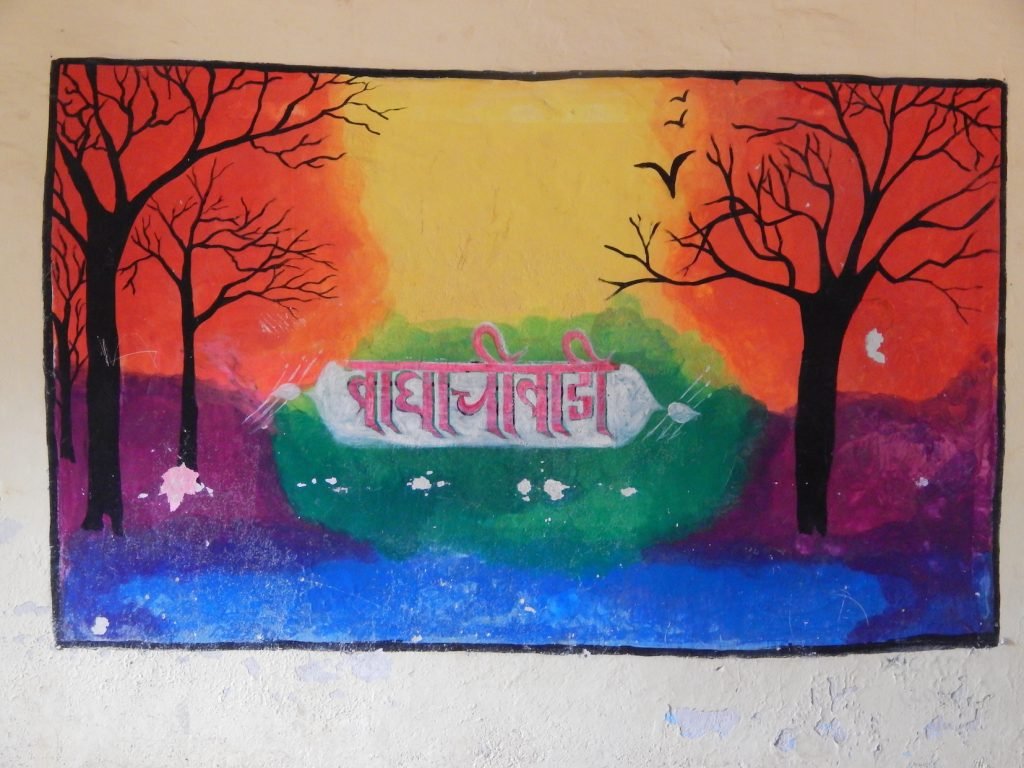
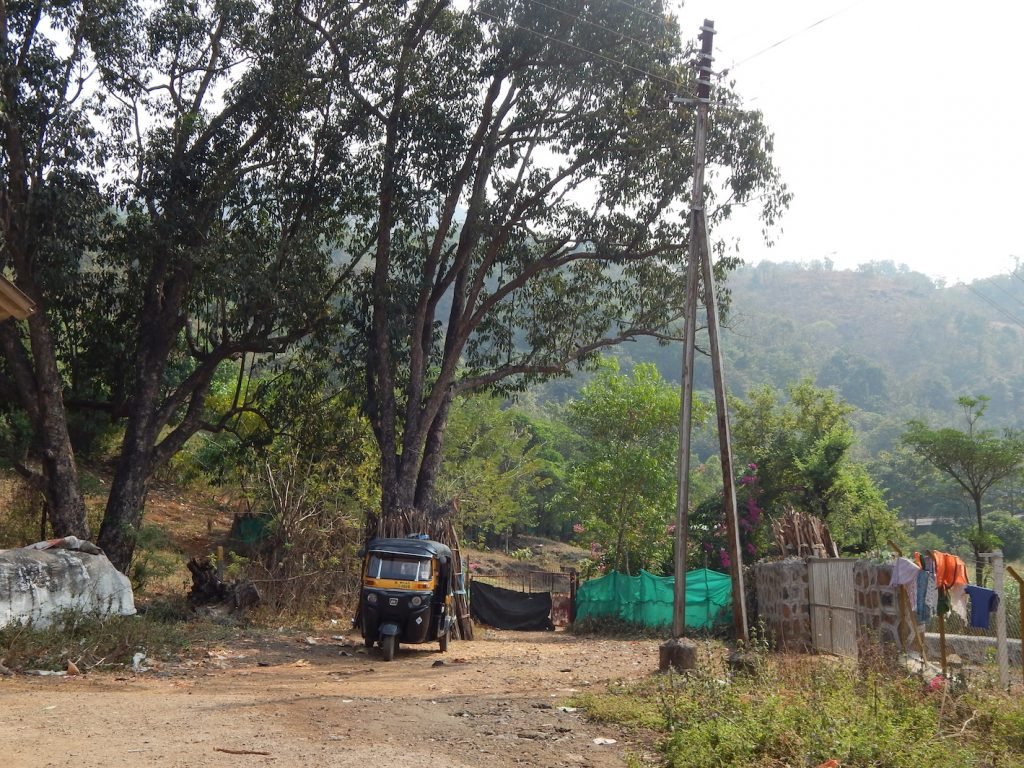
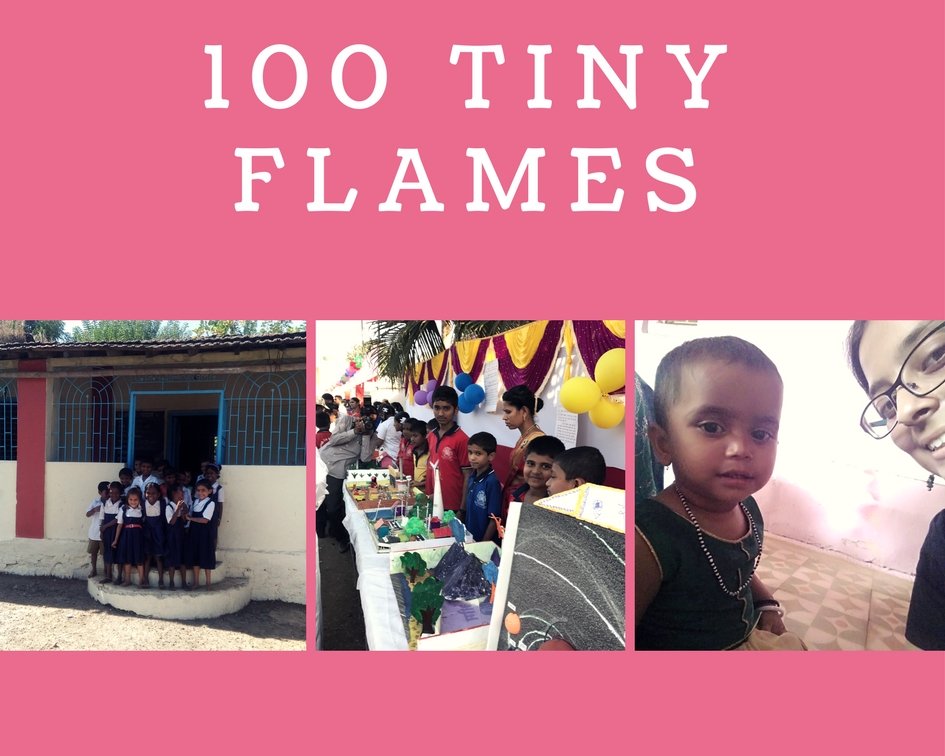
I have done many things in the past years as a rural development professional. In my three years of working in the development sector, I have learned about building toilets, installing Water ATM’s and working with rural schools.
However, one of the best things that I have learned and have had the privileged to do was to meet so many inspiring women, men and children who are fighting every day to ensure a better future. It is these people who help me keep my flame alive.
A few flames have been lit by me, too. I can tell you about a 50-year-old entrepreneur who invested in a paper plate making business without even knowing the basics, I can tell you about a little girl who dreams of serving her community by being a doctor and I can tell you about the thousands of people who continue to toil and work towards a dream of transforming India into a developed nation.
Not everything is rosy; working in the rural sector has its own challenges. A few of my flames flickered away without any fight. A few of them gave up midway. But there were a few who stayed put and shined brightly. They inspired a few others and started lighting their own 100 flames. I hope that the ones that burn brightly, keep shining and the ones that are flickering get the strength to carry on the good work they are doing.
Working in the development sector is tough and I give up every single day. What gets me through my day is the smile on faces of women when they get a toilet, seeing a classroom full of children studying and of course a cup of chai and Parle G biscuit offered by tai in a village in the middle of nowhere who proclaims that I work too hard and eat very little.
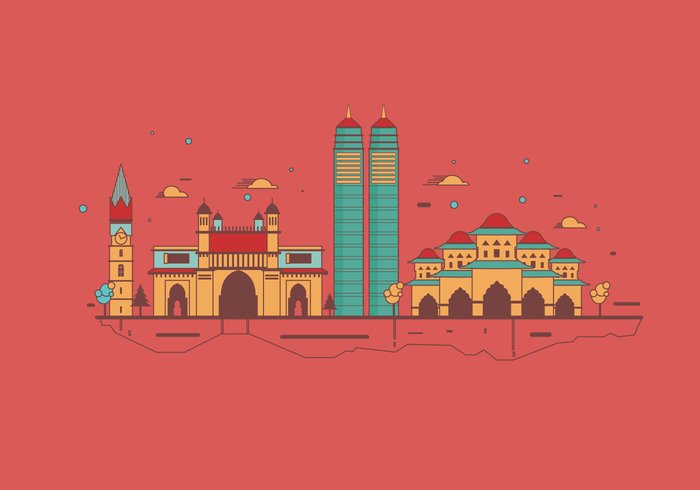


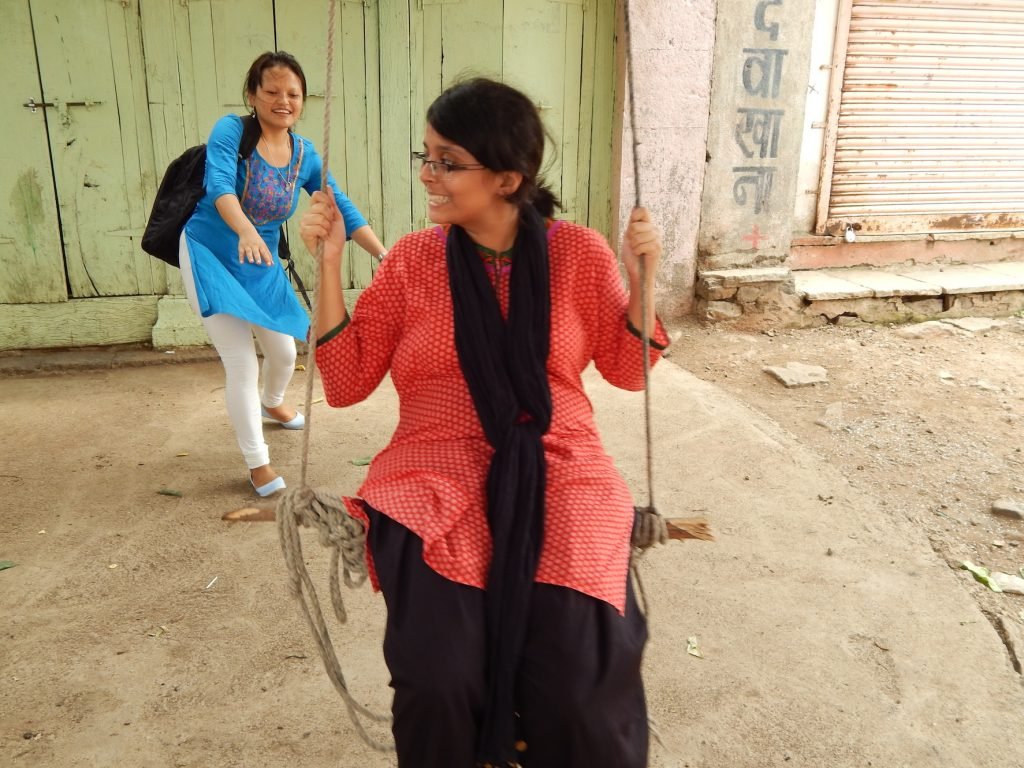
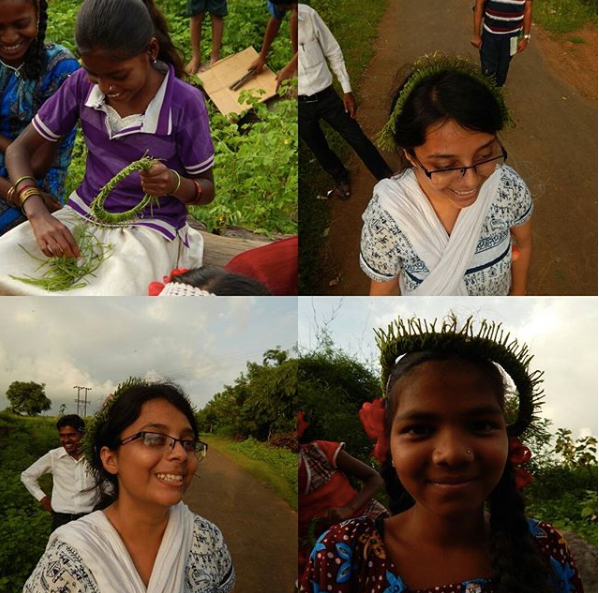

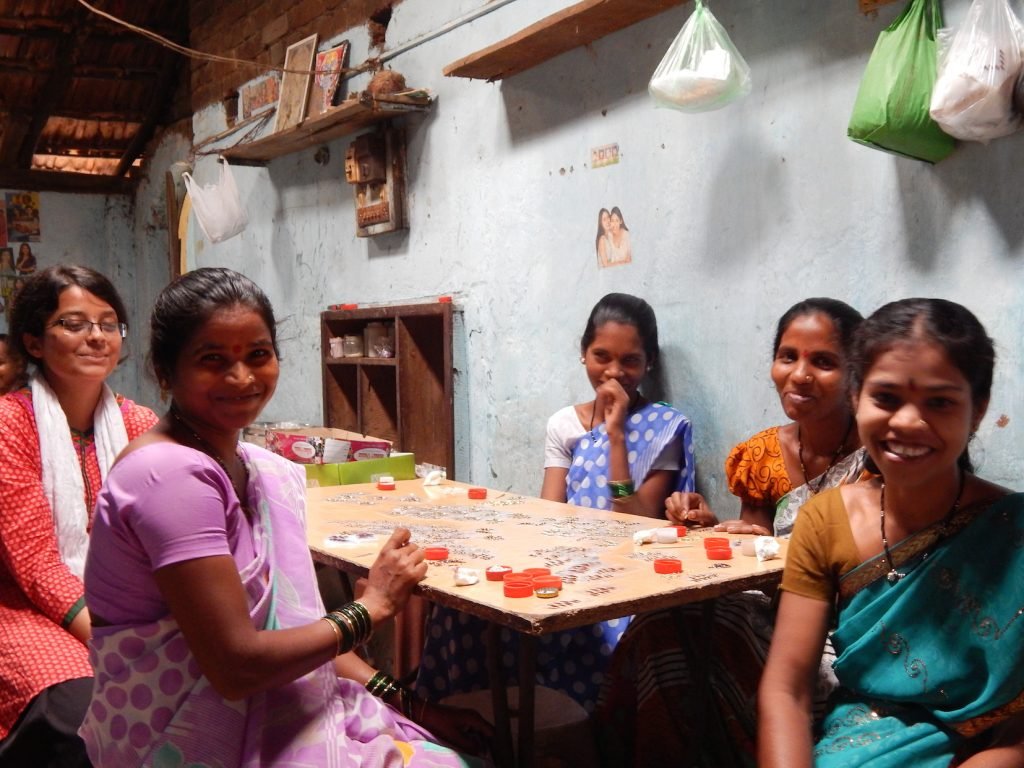

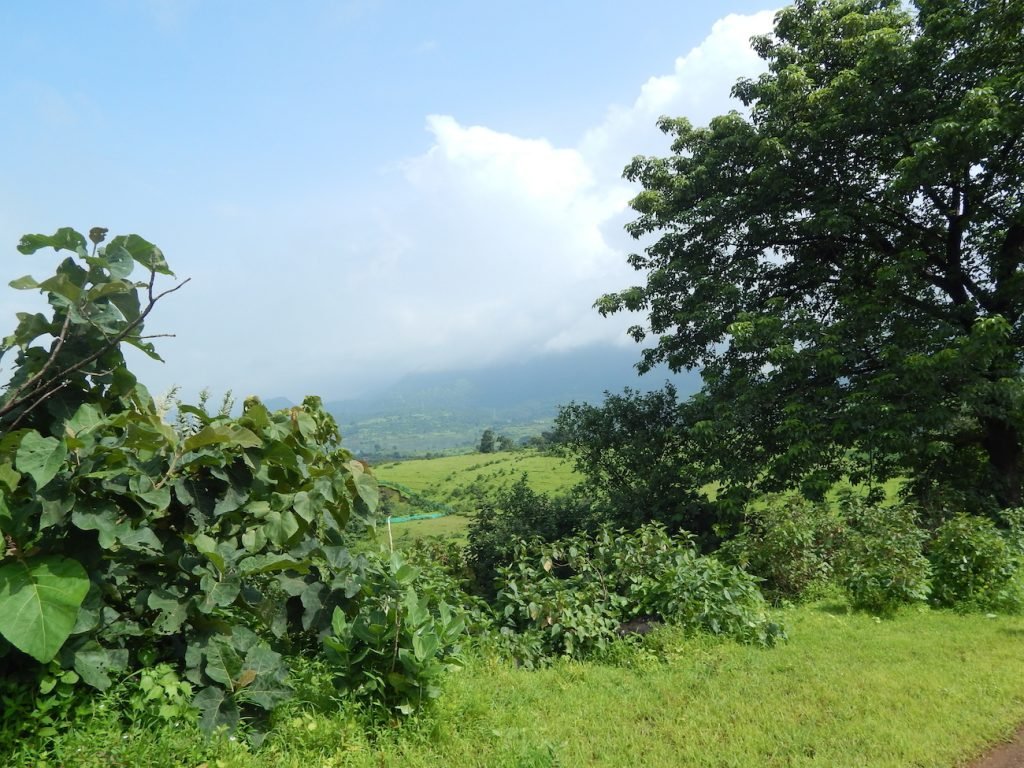

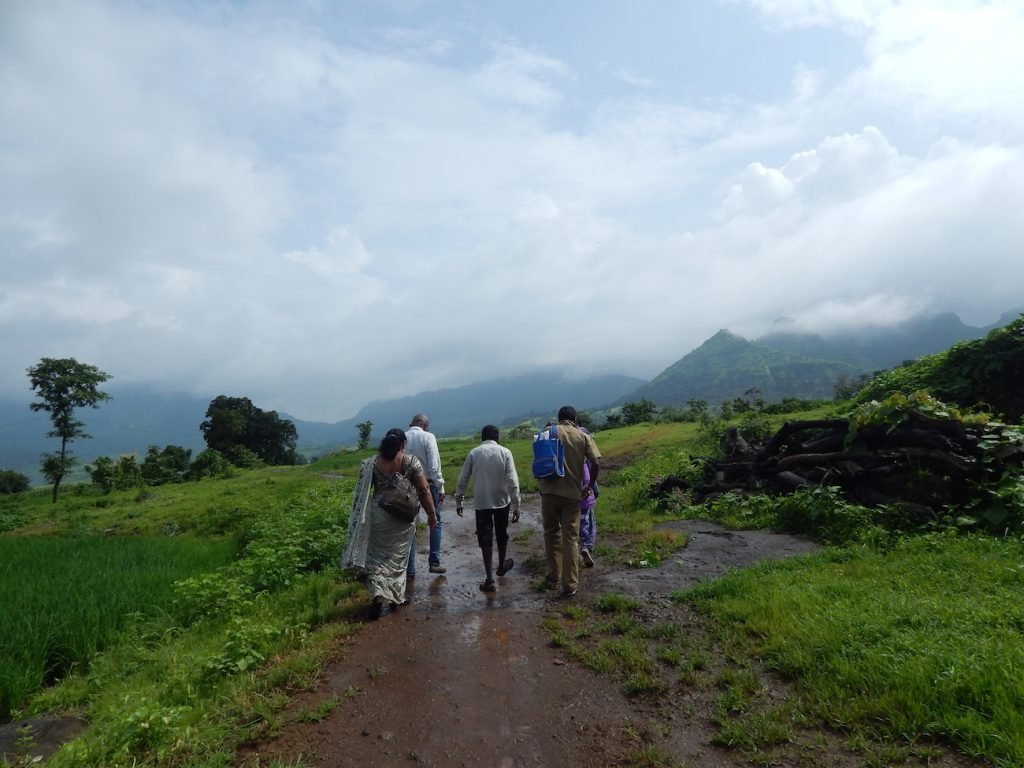
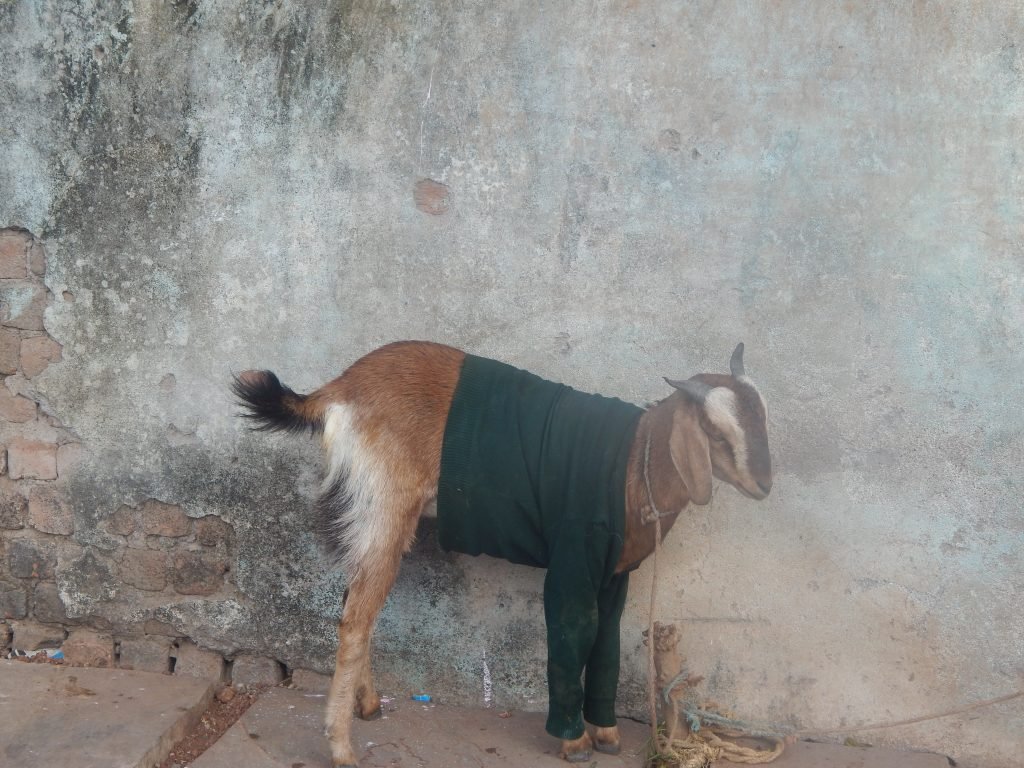
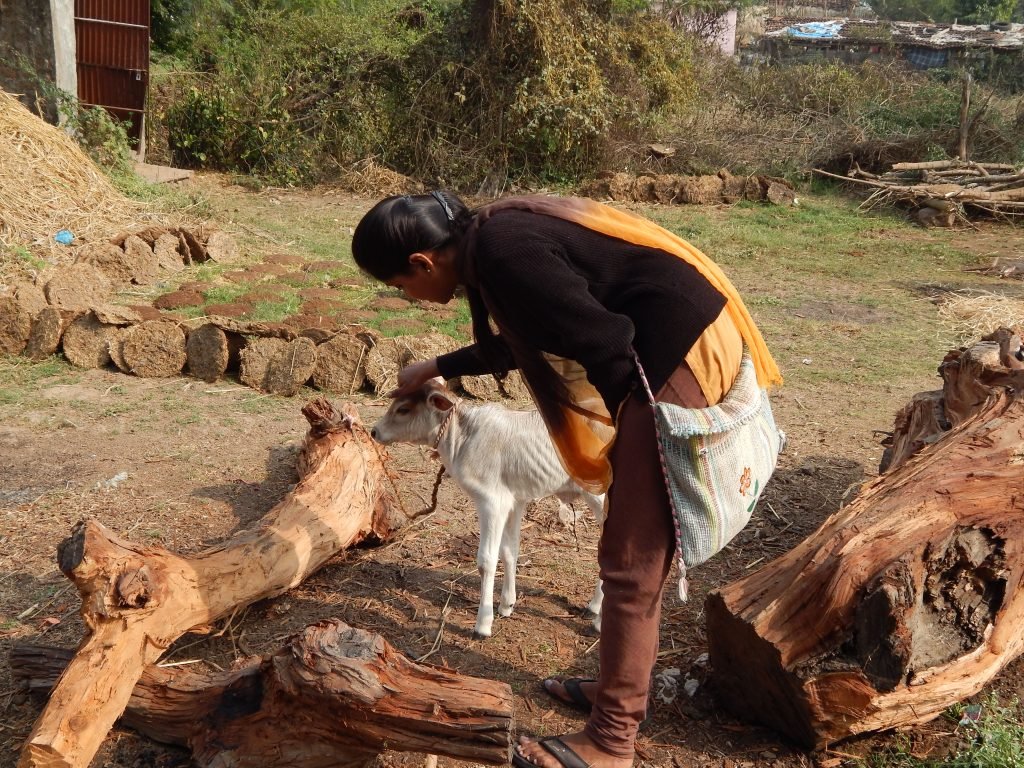
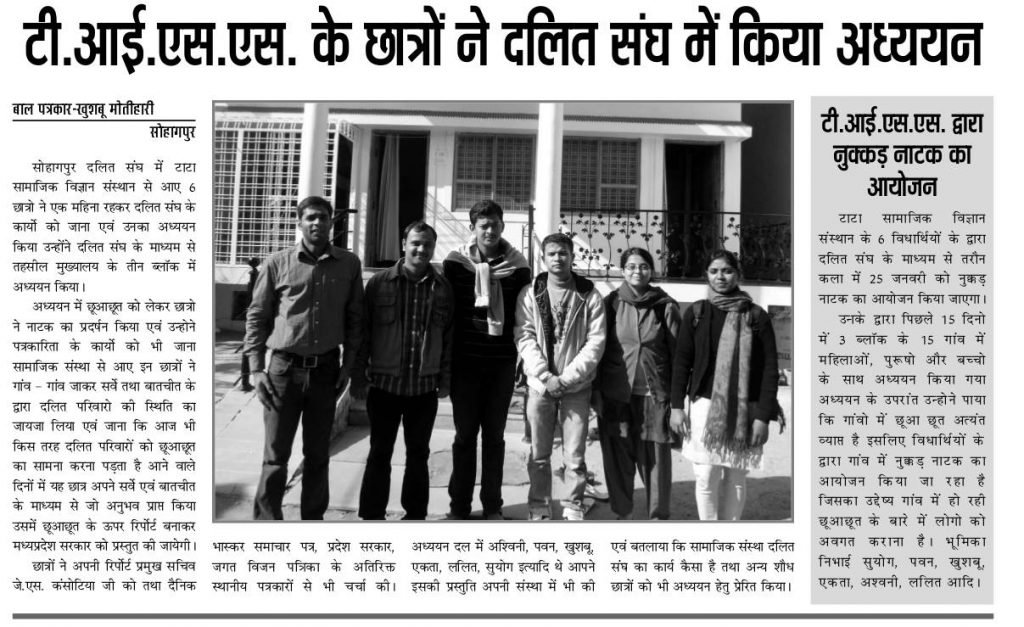
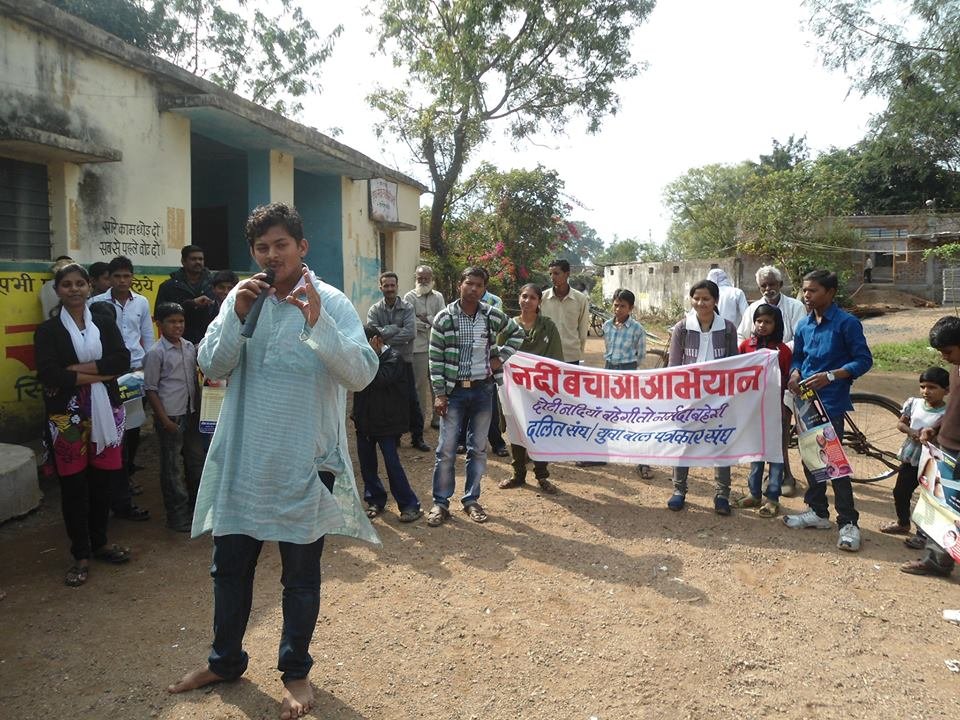
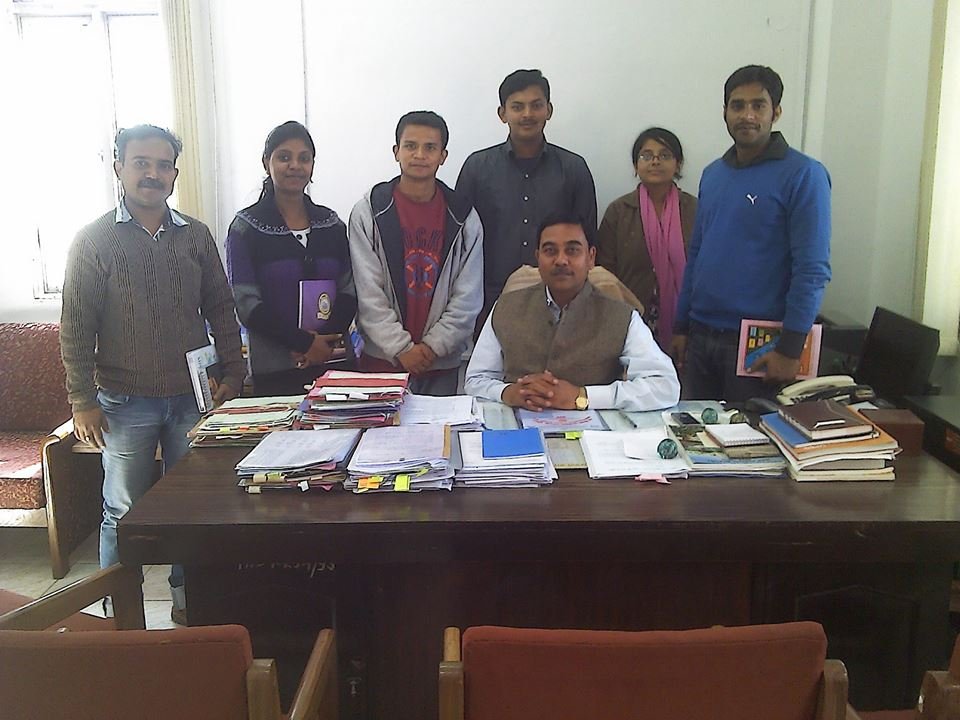

 We remember the day seven years back when were travelling in a Mumbai local trying hard to come up withe a name for our blog when struck us; Khushboo was always called a Jack of all Trades. The name stuck (with a slight modification, of course) and Minni was born. Six years, over 100 collaboration, lakhs of readers and several awards later; our love for blogging continues to grow. We continue to write on an eclectic range of topics from the funniest autorickshaw signs that we have spotted in Mumbai to how to bathe an elephant. We are true blue Munni of all Trades and we hope to continue on this joyride with our fellow Munnies and Munnas.
We remember the day seven years back when were travelling in a Mumbai local trying hard to come up withe a name for our blog when struck us; Khushboo was always called a Jack of all Trades. The name stuck (with a slight modification, of course) and Minni was born. Six years, over 100 collaboration, lakhs of readers and several awards later; our love for blogging continues to grow. We continue to write on an eclectic range of topics from the funniest autorickshaw signs that we have spotted in Mumbai to how to bathe an elephant. We are true blue Munni of all Trades and we hope to continue on this joyride with our fellow Munnies and Munnas. 